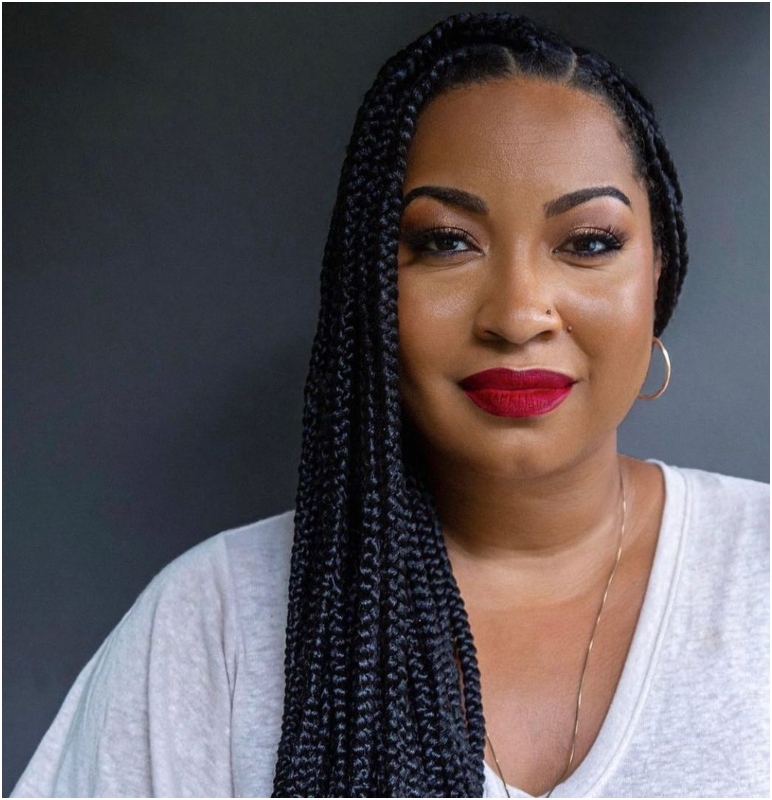On Nov. 16 last year, the Loveland Foundation, a non-profit dedicated to offering therapy services for communities of color, hosted its inaugural gala at The Standard Highline.
The event served as a heartfelt acknowledgment of BIPOC therapists, mental health leaders, board members, employees, and sponsors who contribute to the foundation’s mission of bringing healing to Black women.
Recently, the Foundation was featured among Blavity’s list of 10 Black-led community service organisations making a real difference.
Founded in 2018 by author, entrepreneur, and activist Rachel Cargle, the Loveland Foundation originated from a birthday wish fundraiser, evolving into a prominent force in mental health advocacy.
The gala honored figures such as Dr. Joy Harden Bradford, founder of Therapy For Black Girls, author Alex Elle, Congresswoman Bonnie Watson Coleman, and women’s brand Flamingo.
During the opening speech, Rachel Cargle emphasized the foundation’s unique approach, stating:
“There’s no white man up in the cloud giving money. There’s no organization who depends on us to do one thing or another to give them clout. We are Black women serving Black women.”
Since 2019, the foundation has assisted nearly 18,500 fund recipients spanning multiple generations, providing over 150,000 hours of therapy through more than 2,600 therapists.
This impact is crucial as African Americans are statistically more likely to experience psychological distress, with Black women facing additional barriers like mistrust of medical systems and discrimination.
Loveland Foundation‘s CEO, Sharlene Kemler, highlighted the organization’s commitment to destigmatizing mental wellness, creating generational change, and offering support for various life challenges.

Recipients of the foundation’s aid receive vouchers covering 12 therapy sessions, valued at $120 each, alongside opportunities for community healing through support groups and workshops.
To further its mission, the foundation supports BIPOC therapists with access to professional development, recognizing the limited representation within mental health professions. Nationally, only a small percentage of psychologists, psychiatrists, social workers, and professional counselors are Black.
As Sharlene Kemler expressed:
“I am so excited that we are able to celebrate our amazing community of wellness experts who have gotten us all through some really hard times. And one of the things that the Loveland Foundation has really observed is that the holidays are really hard.”
As the foundation continues to make strides, individuals looking to contribute or recommend its services are encouraged to visit their website and share within their communities.
